Motorcycle accident cases differ from traditional car crash cases in numerous ways. For example, because motorcycles don’t have protective exteriors, accidents involving motorcycles and passenger vehicles tend to result in more significant injuries and damages than collisions between two passenger vehicles.
Additionally, motorcycle crash victims may be out of work longer and incur more accident-related medical expenses than passenger vehicle drivers and occupants. Motorcyclists also often face implicit bias from key players in the personal injury litigation process, including law enforcement officers, insurance adjusters, juries, and even judges.
Evidence is important in any case, but it’s especially crucial in motorcycle accident claims, where injured bikers can face complex challenges. If you were hurt in a Georgia motorcycle crash, here’s what you need to know about the evidence that supports your injury claims.
Elements in a Georgia Motorcycle Accident Claim
In order to have grounds for legal action, an injured motorcyclist’s claim must contain the following key elements:
- The at-fault party owed the motorcyclist a duty of care. All motorists have a duty to operate their vehicles safely to avoid injuring others.
- The at-fault party breached this duty of care. The motorist may have behaved dangerously by speeding, driving while distracted, or breaking a series of traffic laws.
- The at-fault party’s breach of duty resulted in the victim’s injuries or losses. These damages may be economic or non-economic in nature and can include medical expenses, lost wages, loss of income, physical pain and suffering, mental anguish, scarring or disfigurement, disability, humiliation, reduced quality of life, and loss of enjoyment of life.
Evidence at the Scene of the Crash
Valuable evidence can be found at the scene of a motorcycle accident. Injured motorcyclists should take photos or videos of the scene, paying special attention to the positioning of the involved vehicles, relevant road or weather conditions, and any visible injuries they’ve suffered. Motorcyclists should also exchange contact and insurance information with the driver of the passenger vehicle involved, and collect contact information of anyone who witnessed the collision.
Often, a biker’s injuries prevent them from acquiring evidence at the accident scene. In cases like these, it’s important to reach out to an experienced motorcycle crash attorney for help preserving vital evidence, including what clothing the rider wore at the time of the accident.
Evidence After a Motorcycle Accident
Evidence gathered in the days, weeks, and months following a motorcycle accident can also help strengthen a case. Examples of such evidence include:
- Bills or receipts for all accident-related medical expenses, including the cost of medically necessary travel, prescriptions, and assistive devices
- Medical records documenting any injuries sustained in the motorcycle accident, as well as a prognosis and treatment plan
- A copy of the police accident report, though not admissible in court, might provide the victim’s attorney with insightful information
- A journal in which the hurt motorcyclist records how the injuries affect his or her life daily
When presenting their clients’ claims to an insurance company, judge, or jury, motorcycle accident attorneys may also rely on additional testimony. Potential clarification from eyewitnesses, medical professionals, and expert witnesses—such as accident reconstructionists and economic experts—provides a full picture of what happened.
Legal Guidance to Build a Strong Case
Fortunately, the skilled personal injury attorneys with Van Sant Law have helped countless motorcycle accident clients throughout the state secure the financial compensation they need and deserve.
If you’ve been injured in a Georgia motorcycle accident you should speak with an experienced motorcycle accident attorney as soon as possible. Please contact us online or call our office directly at (800) 234-9556 to schedule your free consultation.





.2410171551550.png)
